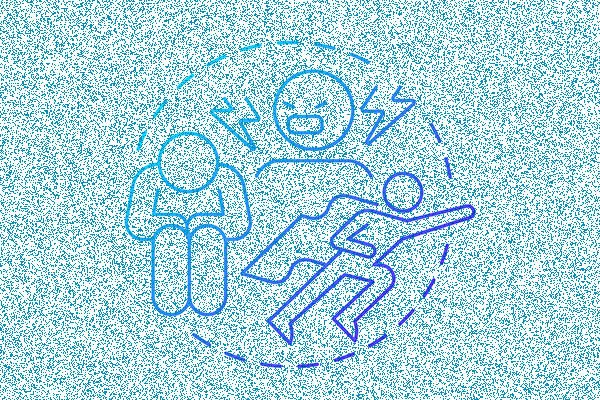Navigating Family Dynamics With Karpman's Drama Triangle
In the heart of our family lives, where emotions intertwine with daily routines, sometimes challenges emerge that feel overwhelmingly complex. It's not uncommon to find ourselves stuck in patterns of interaction that foster frustration rather than understanding. The Drama Triangle, a concept developed by Dr. Stephen Karpman, offers a profound way to visualize and address these patterns. With gentle introspection and a shared commitment to growth, understanding this model can illuminate pathways to a healthier family dynamic.
Understanding Karpman's Drama Triangle
The Drama Triangle outlines three roles typically adopted in high-tension interactions: the Victim, the Persecutor, and the Rescuer. Understanding these roles can be revealing:
The Victim feels oppressed and helpless, often overwhelmed by a sense that they cannot manage the situation.
The Persecutor stands in criticism, sometimes overtly oppressive or subtly blaming.
The Rescuer attempts to solve the problem, often sidelining the victim's ability to solve their issues and inadvertently maintaining the Victim's sense of helplessness.
While these roles might seem daunting at first glance, recognizing them in our interactions can be the first step toward breaking the cycle that keeps our family in turmoil.
Transitioning from Drama to Empowerment
Acknowledging that these roles are present in many families is not an indictment of anyone's character, but an opportunity for growth. The beauty of understanding the Drama Triangle in the family context is that it empowers us to rewrite our interactions. Here’s how families can shift dynamics constructively:
Awareness is the Key: Start by discussing the concept of the Drama Triangle openly in family therapy or a comfortable setting. Recognition of these roles can sometimes bring immediate relief and a sense of understanding.
Encourage Accountability: Each family member learns to recognize when they are stepping into one of these roles and take responsibility for their actions. This promotes a sense of personal empowerment and maturity.
Cultivate Open Communication: Create an atmosphere where feelings and thoughts can be expressed safely and without judgment. This is essential in de-escalating the transition from conflict to dialogue.
Develop Healthy Boundaries: Often, the Persecutor and the Rescuer overstep boundaries out of a misplaced desire to help or control. Teaching and respecting personal boundaries helps each family member maintain healthy autonomy.
Foster Empathy and Understanding: Encourage each family member to consider the perspectives and feelings of others. This nurtures a family culture of empathy, replacing blame and competition with cooperation and affection.
Healing Together
It is important to remember that understanding and modifying deep-seated family dynamics is a journey, not just a destination. It can bring up feelings of vulnerability and resistance at times. However, the vulnerability witnessed within this journey is a testament to the courage and strength present in each family member willing to engage in this transformative work.
At Insights Counseling Center, we walk with you through these complex dynamics, providing a supportive and nurturing environment to explore and grow together. By leveraging tools like Karpman's Drama Triangle, we can help illuminate new understandings and possibilities that can lead to a more harmonious family life.
Through patience, empathy, and commitment, your family can transform challenging dynamics into sources of strength and resilience. Let us embrace this process with hope and the belief that the patterns of today need not define the relationships of tomorrow. Together, we can forge a path toward a loving and supportive family environment.

